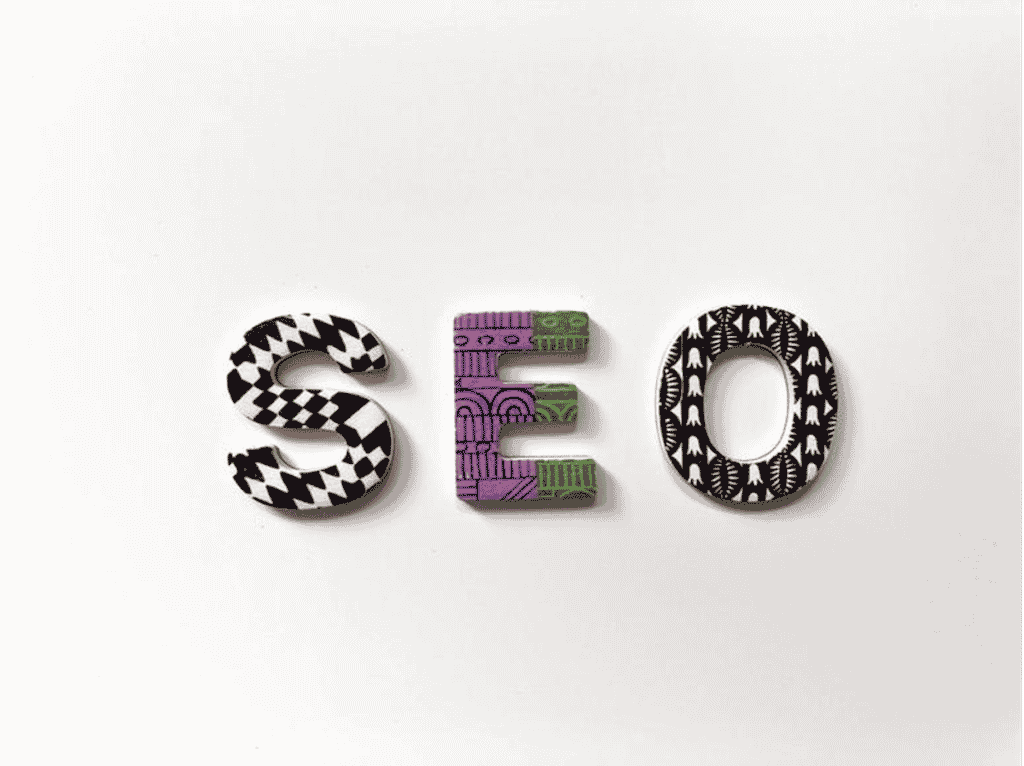Ecommerce is all the rave in today’s digital-centric marketplace. With the world transitioning to a mostly virtual economy, ecommerce brands are continually popping up each and every day. Additionally, most pre-established brands have found ways to enter the digital landscape and become major players in the virtual and ecommerce worlds. This is vital for any organization trying to remain competitive in 2022 and beyond. With so much competition, though, it can be hard to stand out as an ecommerce brand. Organizations struggle to differentiate themselves from one another, and have a hard time connecting with their audience.
Search engine optimization, or SEO, is the key to building and running a successful ecommerce brand. No matter if you’re selling yoga pants and tank tops, or you’re selling piece pipes and grinders, the right SEO can make or break your ecommerce store.
Keyword Research
Keyword research is the bread and butter of SEO. Everything SEO related is going to depend and rely on the chosen keywords and keyword phrases. Keyword research really starts with understanding the modern consumer though. Having an idea of how other consumers organically conduct their online research when shopping will inspire a list of keywords that are effective and industry-relevant.
It wouldn’t exactly be research if it was just based on gut-instinct, though. There are many popular tools available to assist organizations, SEO professionals, and marketing teams in conducting and facilitating keyword research. SEMRush is a particularly popular keyword research tool that can give heightened insight into the way that consumers are searching in any given industry. Another popular person in the world of SEO and keyword research is Neil Patel.
Neil Patel and his market-research/SEO brand offer a diverse suite of tools all geared for keyword research and improving SEO strategies in general. Utilizing these tools can give organizations a major advantage in developing and executing their SEO strategies.
Website Architecture and Design
Website architecture and design is important no matter what industry you’re serving. However, in the world of ecommerce, website design can be the difference between making a sale and losing a customer to a competitor altogether.
For ecommerce websites specifically, there are two major rules that should be followed. First, keep things simple and scalable. By keeping things scalable, you don’t limit your potential growth, which is the purpose of starting an ecommerce store in the first place.
The second rule to follow when designing an ecommerce website is that every page should be three (or fewer) clicks from your homepage. By adhering to this rule in the initial design of the website, brands can keep their ecommerce site consumer-friendly no matter how large of an audience they serve, or how many additional products they add.
On-Page SEO
On-page SEO is another vital aspect for ecommerce stores to keep in mind. On-page SEO is going to help your organization’s actual product and sale pages rank higher in search engine results.
One of the first things to keep in mind when conducting on-page SEO is that the keyword or phrase should always find its way in the title of the page. This is a super simple rule, but one that gets overlooked by SEO and content professionals constantly. Marketing professionals also make use of tags in the meta description to further establish product-relevance and to promote higher SEO rankings.
Content Marketing
Content marketing is a huge part of online businesses right now. “Content is king” is a popular phrase among marketers, writers, and SEO professionals. Producing a variety of content both internal to your brand and external in partnership with others, is a very popular way to increase brand awareness and exposure, while also establishing a level of industry-authority.
Depending on the type of content there are a wide variety of strategies that creators can implement or rules to rely on. For example, high-quality long-form content is more valuable than low-quality short-form content. Developing an ongoing content-marketing strategy helps raise SEO scores and improve search engine rankings.
Link Building
Link building is a very important part of SEO as well, regardless if you’re in ecommerce or not. Link building is both an internal and external process. Internally, organizations should look to populate native content and product pages with links to other pages on their website.
External link building, or backlinking, is a whole different beast. Backlinking is the process of building a library of external web pages that link to a brand’s homepage, sales page, or product page. Backlinks help to build a brand’s audience and increase exposure, while also establishing a sense of industry-authority that consumers can trust.
Final Thoughts on Ecommerce SEO
Bringing your ecommerce brand to its full potential is going to take work, dedication, and lots and lots of SEO practice, trial, and of course, occasional error. If you’re running into specific difficulties with SEO strategy, or you just want to learn more about SEO in general, checking out an expert’s podcast, like the Kevin Miller Podcast, could help you put some more of the pieces together and smooth out your SEO journey.
